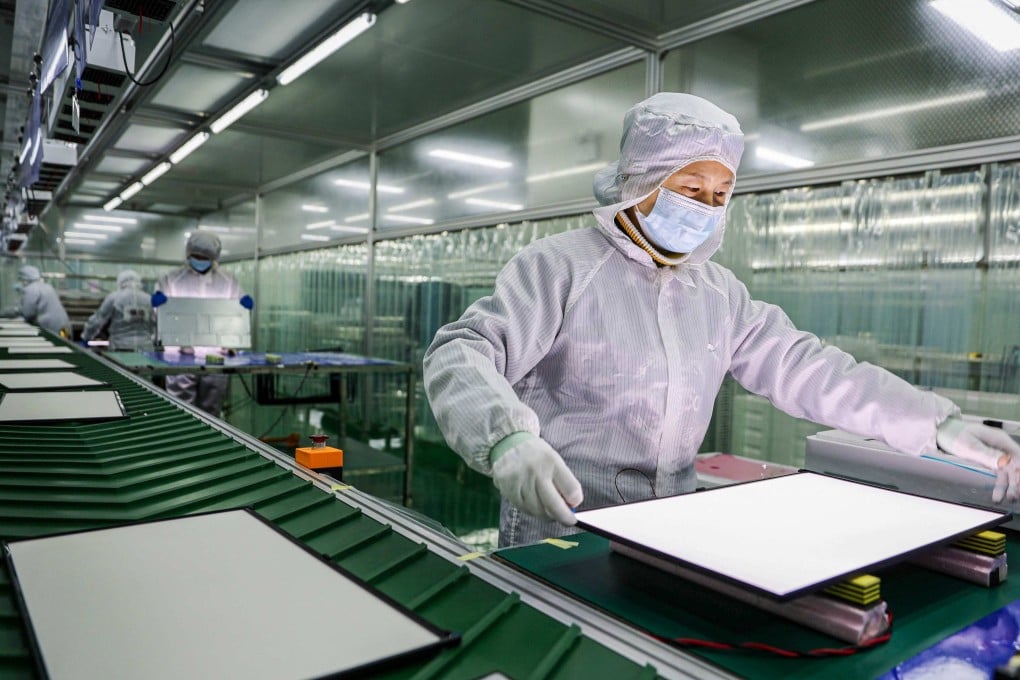Advertisement
Opinion | As world erects barriers against Chinese exports, what about free trade?
- Slamming China for capitalising on its manufacturing advantages to produce competitively priced exports is hypocritical and against the principles of free trade
Reading Time:4 minutes
Why you can trust SCMP
20

Who is in the right? Earlier this month, US Treasury Secretary Janet Yellen visited China and expressed concerns about the surge in Chinese export products, including electric vehicles (EVs) and solar panels. China dismissed these concerns, viewing them as a pretext for the US to implement its protectionist policies.
Advertisement
As a member of the World Trade Organization (WTO), China is entitled to use its hard-earned capabilities to increase its exports to other member nations and beyond, provided it adheres to established trade rules.
China became a member of the WTO in 2001, a move strongly supported by the Clinton administration. This support was predicated on mutual benefits: the United States could access a vast, untapped market while China could accelerate its economic growth.
In the early 2000s, the US underwent what is often referred to as the “China shock”. This was characterised by a surge in imports of inexpensive goods manufactured in China. While this helped maintain low inflation rates in the US, it came at the expense of domestic manufacturing jobs.
Economic growth in China has elevated hundreds of millions of people from extreme poverty. Concurrently, a growing middle class in China developed a fondness for American products, from McDonald’s burgers to General Motors vehicles, contributing to US economic growth.
Advertisement
With growing economic interdependence, the US trade deficit with China ballooned from under US$100 billion in 2001 to over US$400 billion in 2018. This escalating trade gap led former president Donald Trump to launch a trade war against China, imposing hefty tariffs on goods imported from China. The intention was to pressure China into reforming its trade practices and to safeguard American jobs.

Advertisement
